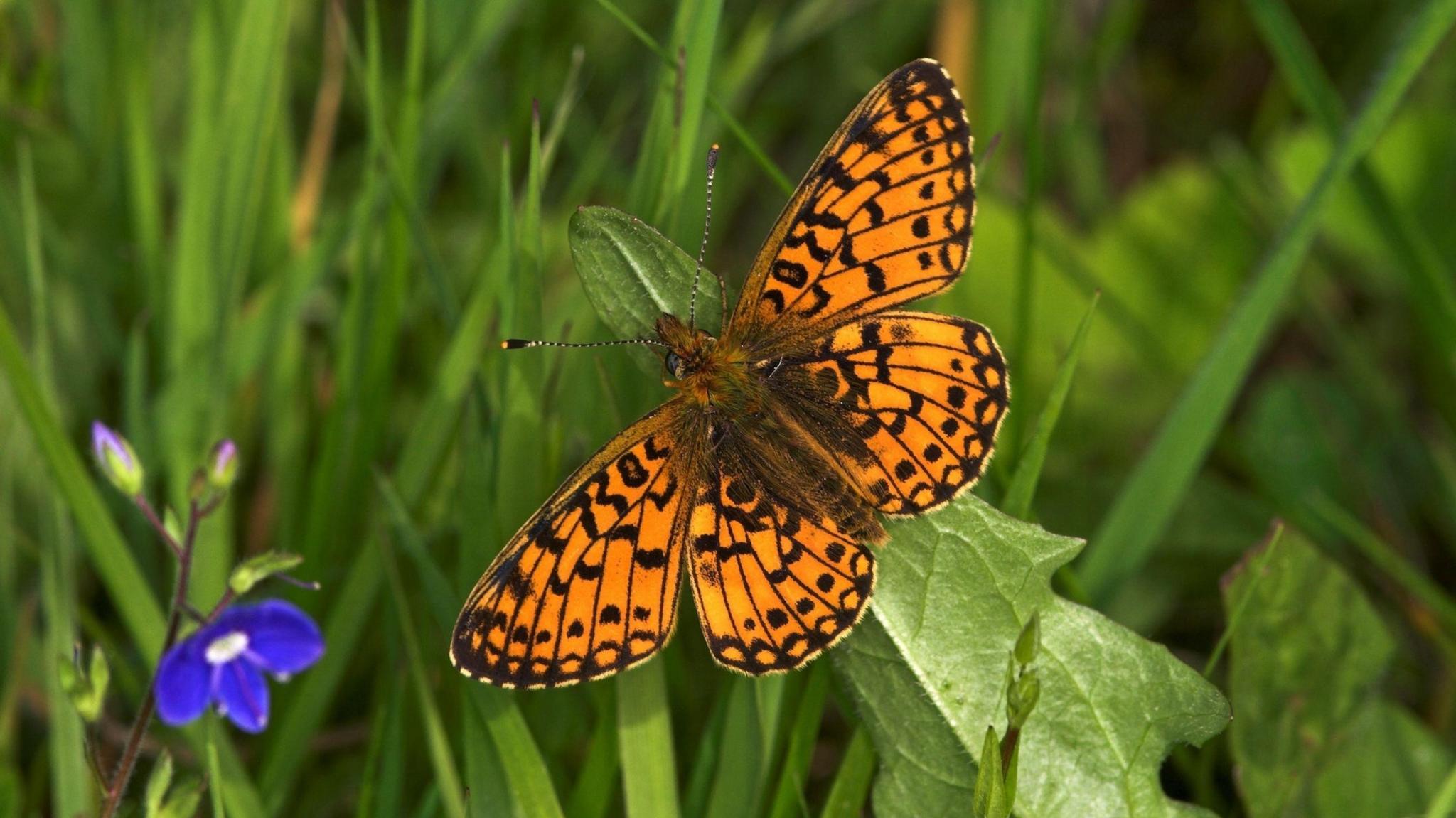Living Planet 2018 report: 'Step up' call over Welsh wildlife
- Published
- comments
This captive breeding project in Brecon aims to give water voles a fighting chance of a revival
One in 14 wildlife species in Wales is at risk of disappearing altogether, according to conservation body WWF Cymru.
It has said global threats to wildlife and habitats identified in the Living Planet Report 2018, external are echoed in Wales.
Plastic bottle use - running at 725,000 a day in Wales - is also highlighted, with only half currently recycled.
WWF Cymru said Welsh politicians needed to urgently "step up action" to protect and restore nature.
The species at risk include hen harriers and water vole.
WWF also highlights Wales' record on climate change - with the nation due to miss its targets for tackling carbon emissions, which actually increased by 5% in 2016.
It said the country had been ahead of the rest of the UK by passing the Wellbeing of Future Generations (WFG) Act and the Environment Act.
But it wants a "new level of ambition and action" to implement it, halt wildlife decline and reverse nature loss.
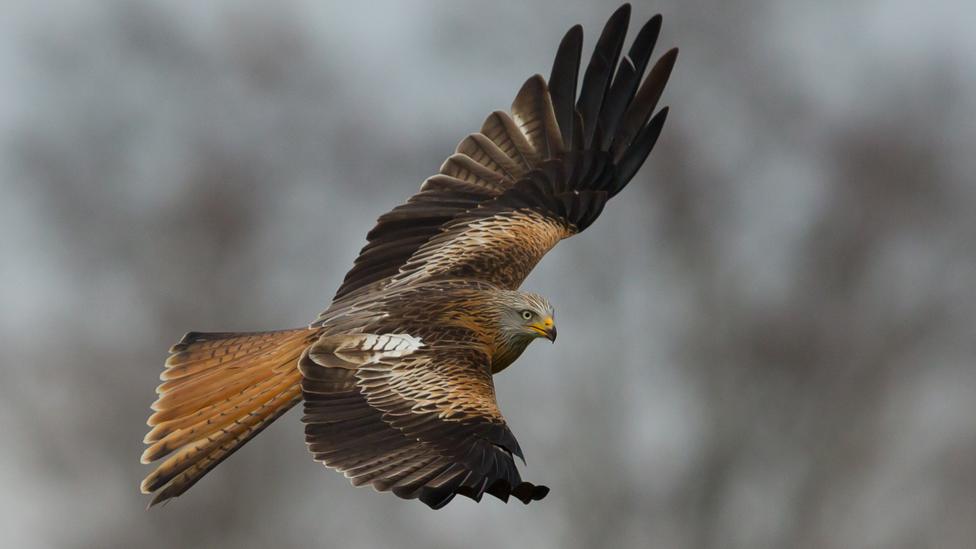
Red kites have been a success story in Wales with numbers reaching about 400 breeding pairs in 2003
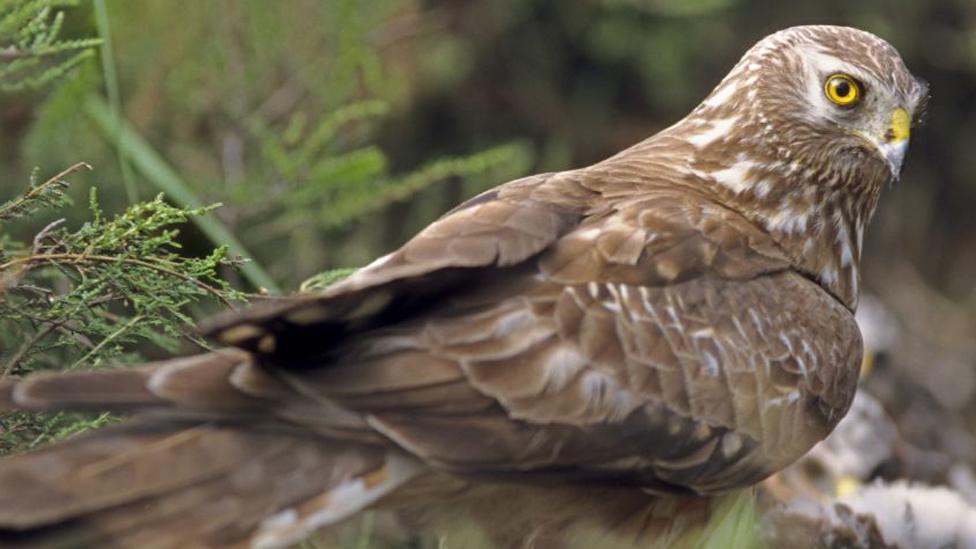
Hen harriers are one of the species at risk
Which species are under threat?
Once near extinction in the UK, the red kite has made a comeback in Wales thanks to better protection and dedicated conservation programmes, and the WWF said Wales should take inspiration from it.
But there are worries about other creatures:
Hen harriers had been slowly recovering in Wales over the last 60 years but the figures in the 2016 National Hen Harrier Survey , externalshow that the number of pairs has fallen by more than a third over the past six years, from 57 to 35
The water vole's numbers have declined by more than 90% since the 1970s, with the introduction of the North American mink for fur farming having a catastrophic effect
The Bilberry bumblebee - a distinctive insect with two light yellow bands on the front half of its body - has declined in some places in recent times because of habitat change
Numbers of hedgehogs in rural areas are "worryingly low".
The freshwater pearl mussel is critically endangered in Wales, struggling from river pollution and dwindling fish stocks
The native white-clawed crayfish is threatened by the American signal crayfish, climate change, habitat loss and the impact of pollution
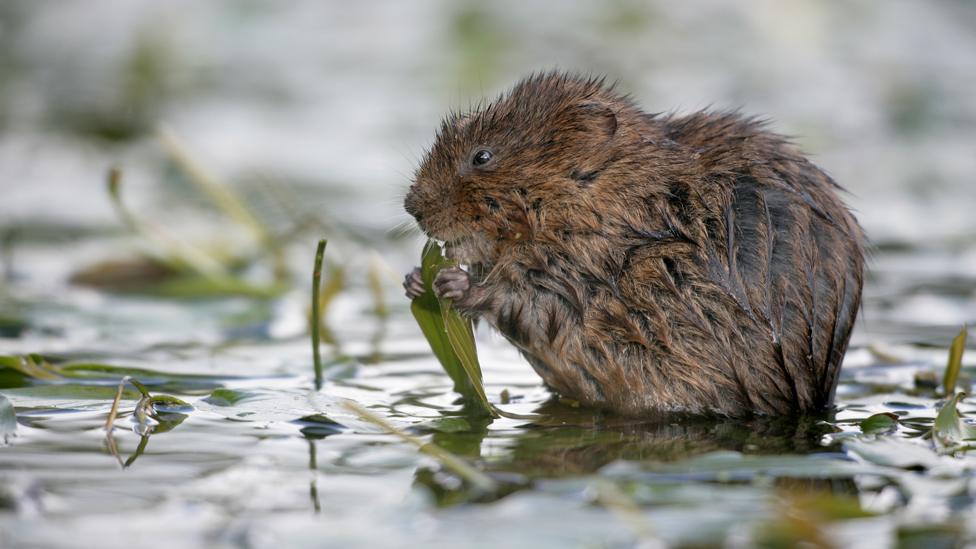
The water vole is Britain's fastest declining wild mammal, with 95% of its population disappearing since the 1960s
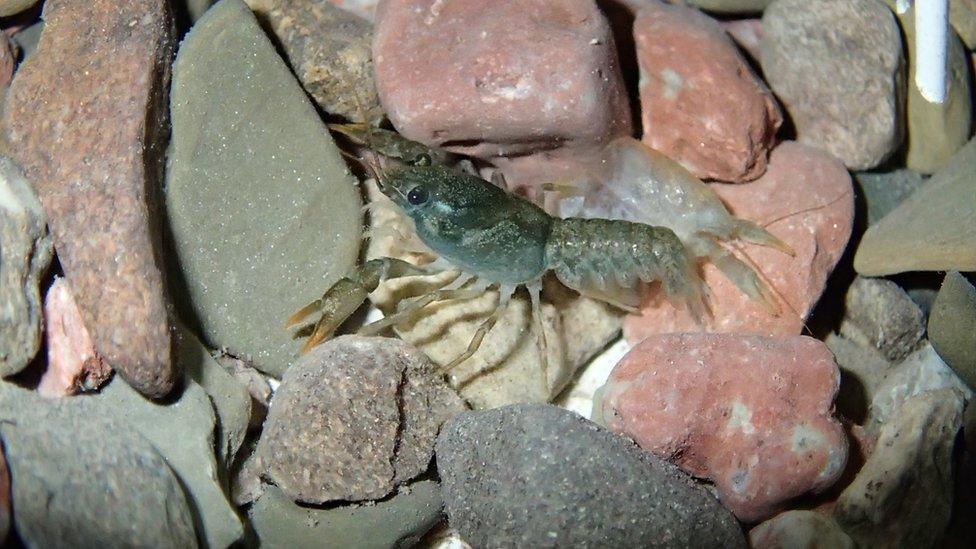
The white-clawed crayfish has been subject of a breeding programme in Powys' River Irfon for the last few years
Anne Meikle, director of WWF Cymru, said: "The collapse of global wildlife populations is a warning sign. We are the first generation that knows we're destroying the planet and we could be the last who can do anything about it.
"Wales has a head-start on the rest of the world. Our ground-breaking laws are the foundations that should put nature at the heart of everything we do. To join the fight for our world, political leaders need to significantly step up action."
A Welsh Government spokesman said: "As the WWF says itself, Wales is ahead of the rest of the UK in laying the foundations to protect biodiversity.
"We have set out our priorities for tackling the root causes of biodiversity decline and only last month we announced a new grant scheme to help reverse this decline and enhance our outstanding natural resources."
The WWF has produced a wider report looking at threats around the world.
WWF international's director general Marco Lambertini said the "astonishing decline" in wildlife populations - a 60% fall in just over 40 years - was "a grim reminder and perhaps the ultimate indicator of the pressure we exert on the planet".
The report estimates that 8,500 threatened species worldwide face pressures from climate change, habitat loss, overexploitation and agriculture.
It calls for a new global deal for nature and people "to bend the curve of biodiversity loss".
- Published23 October 2018
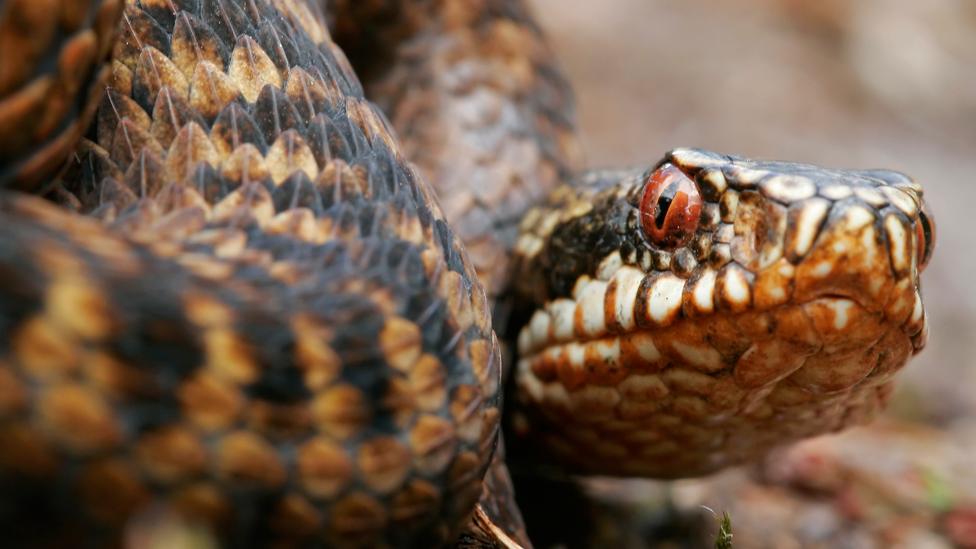
- Published29 October 2018
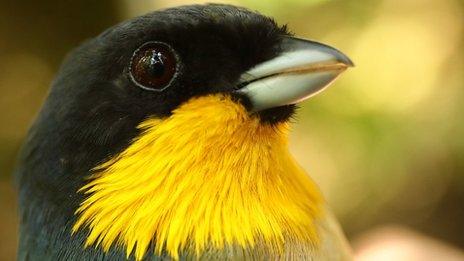
- Published29 October 2018
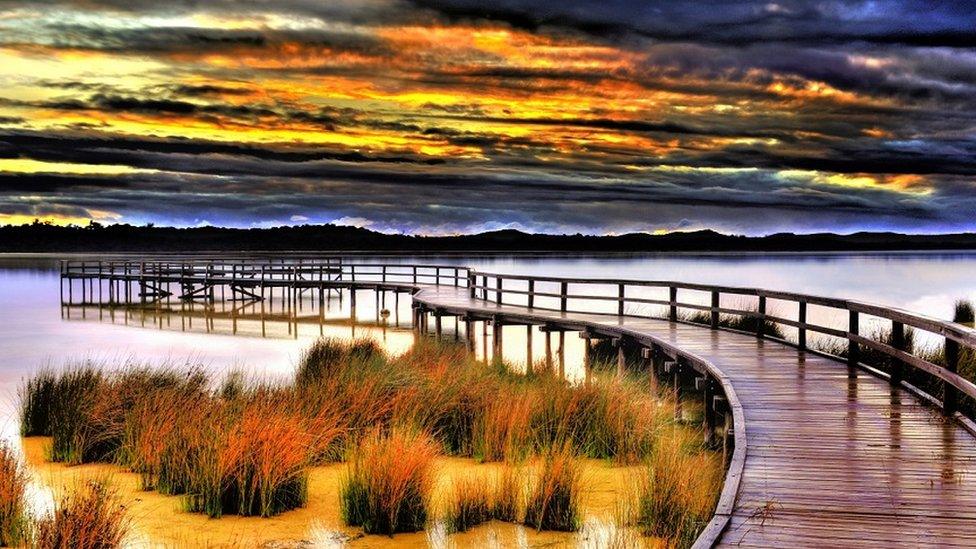
- Published24 August 2018
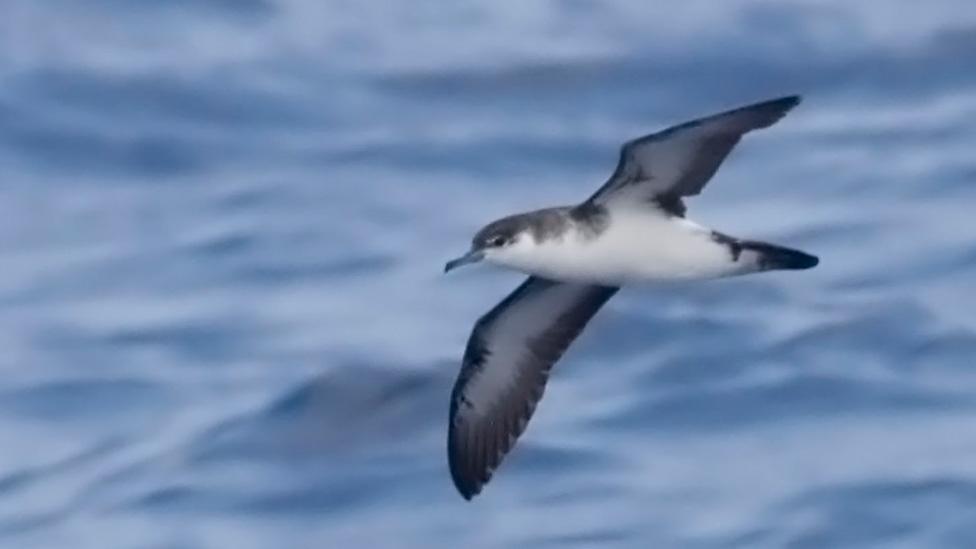
- Published13 March 2018
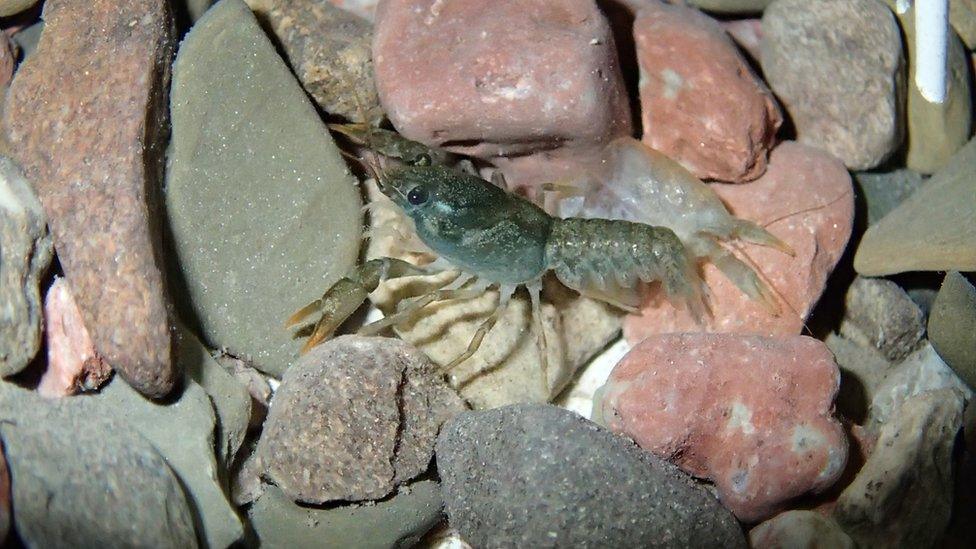
- Published21 September 2016
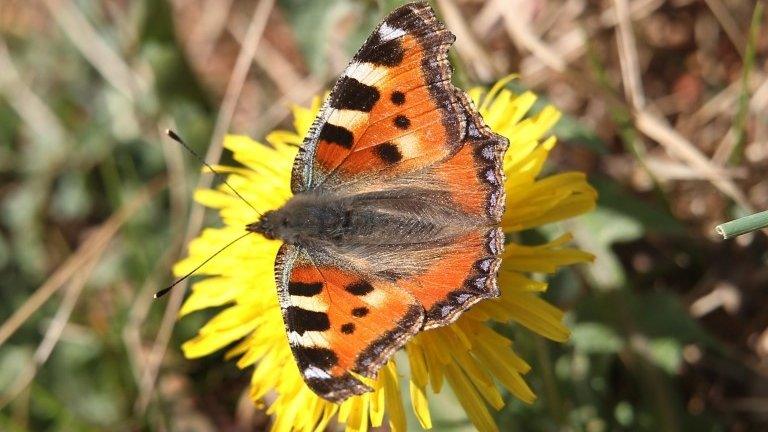
- Published22 May 2013
